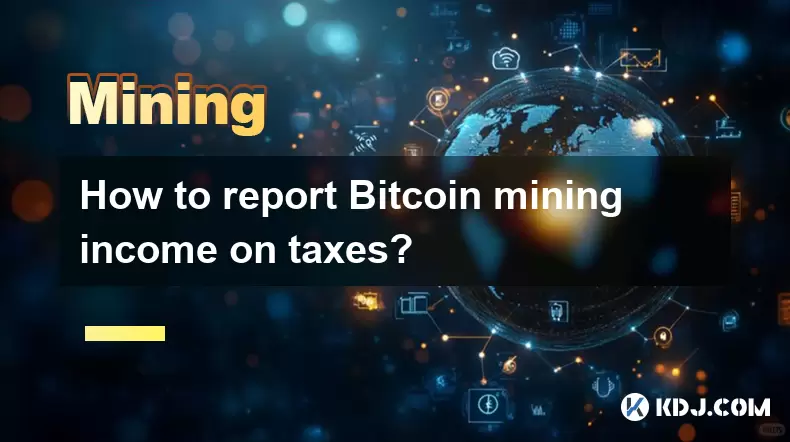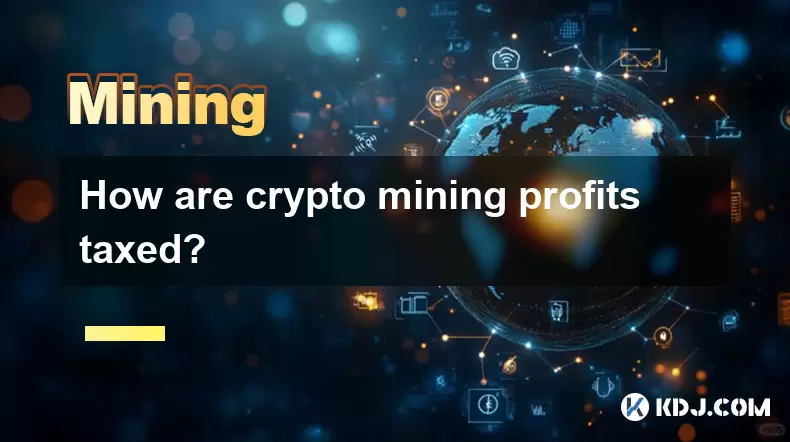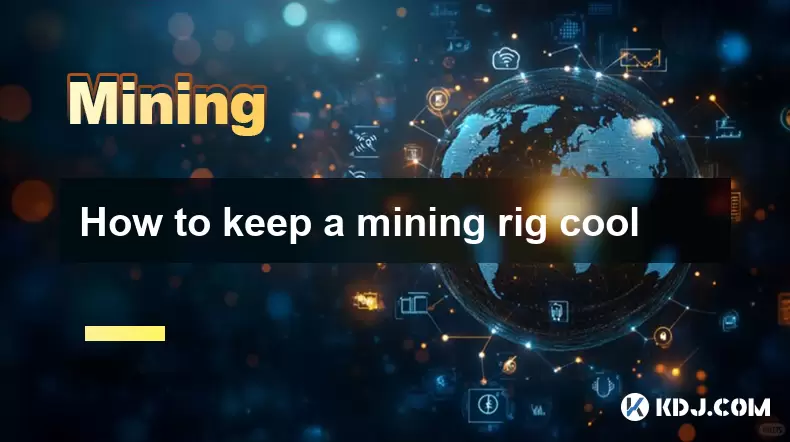-
 Bitcoin
Bitcoin $118000
-0.23% -
 Ethereum
Ethereum $3651
1.66% -
 XRP
XRP $3.423
-1.58% -
 Tether USDt
Tether USDt $1.001
-0.02% -
 BNB
BNB $742.8
0.69% -
 Solana
Solana $177.8
0.30% -
 USDC
USDC $0.9999
0.01% -
 Dogecoin
Dogecoin $0.2539
0.03% -
 TRON
TRON $0.3199
-1.74% -
 Cardano
Cardano $0.8382
0.59% -
 Hyperliquid
Hyperliquid $44.83
0.05% -
 Stellar
Stellar $0.4602
-1.49% -
 Sui
Sui $3.850
0.58% -
 Chainlink
Chainlink $18.62
2.56% -
 Hedera
Hedera $0.2681
0.97% -
 Avalanche
Avalanche $24.63
3.07% -
 Bitcoin Cash
Bitcoin Cash $522.5
0.96% -
 Shiba Inu
Shiba Inu $0.00001507
-0.80% -
 Litecoin
Litecoin $113.6
9.75% -
 UNUS SED LEO
UNUS SED LEO $8.994
0.24% -
 Toncoin
Toncoin $3.197
-0.43% -
 Polkadot
Polkadot $4.361
1.13% -
 Uniswap
Uniswap $10.45
1.41% -
 Monero
Monero $327.5
0.65% -
 Ethena USDe
Ethena USDe $1.001
-0.03% -
 Bitget Token
Bitget Token $4.992
-1.12% -
 Pepe
Pepe $0.00001355
0.67% -
 Dai
Dai $1.000
0.01% -
 Aave
Aave $322.6
0.15% -
 Bittensor
Bittensor $415.5
0.88%
How to report Bitcoin mining income on taxes?
Bitcoin mining income is taxable at its fair market value on the day received, even if not sold, and must be reported on IRS Form 1040.
Jul 12, 2025 at 11:01 am

Understanding Bitcoin Mining and Tax Obligations
Bitcoin mining involves validating transactions on the blockchain and receiving rewards in the form of newly minted Bitcoin (BTC) or transaction fees. In many jurisdictions, including the United States, this income is considered taxable. The Internal Revenue Service (IRS) treats cryptocurrency as property, meaning that any income derived from mining must be reported as ordinary income at its fair market value on the date it was received.
It's essential to understand that even if you do not immediately sell your mined BTC, you are still required to report its value as income. This applies whether you mine individually or as part of a pool. Failure to report can result in audits, penalties, or interest charges.
Valuing Mined Bitcoin for Tax Reporting
When reporting mining income, the critical step is determining the fair market value (FMV) of the mined Bitcoin on the day it was earned. You can use cryptocurrency exchanges or financial platforms to check historical prices. Tools like CoinMarketCap, CoinGecko, or APIs from exchanges such as Binance or Kraken can help track these values.
If you mined multiple times throughout the year, each instance should be recorded separately with its corresponding FMV. This data will be used to calculate your total income from mining. Some miners use specialized software or spreadsheets to log each event, ensuring accuracy when filing taxes.
- Use time-stamped screenshots or exportable data from mining pools
- Keep records of wallet transactions showing incoming BTC
- Maintain logs of exchange rates on specific dates
These documents will serve as evidence in case of an audit.
Reporting Mining Income on IRS Form 1040
The IRS requires taxpayers to answer a question about cryptocurrency transactions on Form 1040. If you mined Bitcoin during the tax year, you must check "Yes" to the question: “At any time during 202X, did you receive, sell, send, exchange, or otherwise acquire any financial interest in any virtual currency?”
For detailed reporting, you’ll typically include your mining income on Schedule 1 (Form 1040) under “Other Income.” If you're operating as a business, you may also need to file Schedule C and account for related expenses such as electricity, mining hardware depreciation, and internet costs.
- Include the total value of mined BTC converted to USD
- Attach a summary sheet listing each mining event with dates and values
- If self-employed, consider paying estimated quarterly taxes
Ensure all information matches your supporting documentation.
Deducting Expenses Related to Mining Activities
If you're mining as a business activity rather than a hobby, you can deduct certain expenses that directly relate to your mining operations. These may include:
- Electricity costs used to power mining rigs
- Depreciation of mining equipment (using Section 179 or Modified Accelerated Cost Recovery System - MACRS)
- Internet service fees
- Office space or home office deductions if applicable
Deductions depend on whether the IRS considers your mining activity a hobby or a business. To qualify as a business, you must demonstrate intent to make a profit. This includes maintaining records, investing capital, and actively managing your mining setup.
Keep receipts and invoices for all deductible items. It’s also wise to consult with a tax professional familiar with cryptocurrency to ensure compliance.
Using Tax Software and Professional Help
Many modern tax preparation tools now support cryptocurrency reporting. Platforms like TurboTax, Crypto.com Tax, and CoinLedger allow users to import transaction history and automatically calculate gains, losses, and income from mining.
However, due to the complexity of crypto taxation, especially around mining, it’s often beneficial to seek assistance from a certified public accountant (CPA) who understands blockchain and digital assets. They can help ensure proper classification of income, advise on deductions, and guide you through potential audits.
- Import wallet and exchange data into tax software
- Match mined coins with their USD values on receipt dates
- Generate tax reports compatible with IRS guidelines
Make sure the software or service you choose supports Form 8949 and Schedule D reporting if needed.
Frequently Asked Questions (FAQs)
Q: Do I have to pay taxes if I never sold my mined Bitcoin?
A: Yes. The IRS considers the fair market value of mined Bitcoin on the day it was received as taxable income, regardless of whether you later sell it.
Q: How do I prove the value of Bitcoin on the day I mined it?
A: You can use historical price data from reputable exchanges or services like CoinMarketCap or CoinGecko. Screenshots or exported CSV files from mining pools can also serve as proof.
Q: Can I deduct mining pool fees?
A: Mining pool fees are generally not deductible unless they are considered operational expenses in a business context. Consult a tax professional for guidance based on your situation.
Q: What if I mined small amounts of Bitcoin over the year—do I still need to report them?
A: Yes. All mining income, regardless of amount, must be reported. Even small amounts add up and can affect your overall tax liability.
Disclaimer:info@kdj.com
The information provided is not trading advice. kdj.com does not assume any responsibility for any investments made based on the information provided in this article. Cryptocurrencies are highly volatile and it is highly recommended that you invest with caution after thorough research!
If you believe that the content used on this website infringes your copyright, please contact us immediately (info@kdj.com) and we will delete it promptly.
- Crypto Coins, Undervalued Gems & Bull Run Potential: What You Need to Know, New Yorker Style
- 2025-07-20 20:30:12
- Nexchain, Cardano, Litecoin: What's Hot and What's Not in Crypto
- 2025-07-20 20:30:12
- Bitcoin Price Today: Recovery Hopes Amidst Fluctuations?
- 2025-07-20 20:50:12
- CoinDCX Hacked? Investor Safety in the Crypto Crosshairs
- 2025-07-20 20:50:12
- Blockchain Expansion: Global Moves and Market Dynamics in Web3
- 2025-07-20 20:55:13
- Coin Collecting, Steinbach Teen, and the Passion for Knowledge: A Numismatic Journey
- 2025-07-20 18:30:12
Related knowledge

How are crypto mining profits taxed?
Jul 14,2025 at 12:28am
Understanding Cryptocurrency Mining and TaxationCryptocurrency mining involves validating transactions on a blockchain network and earning rewards in ...

How to keep a mining rig cool
Jul 12,2025 at 01:42pm
Understanding the Importance of Cooling in Mining RigsCryptocurrency mining is an intensive process that places heavy demand on hardware components, p...

How to mine crypto on a gaming PC
Jul 16,2025 at 12:00pm
What is Crypto Mining on a Gaming PC?Crypto mining involves using your computer's processing power to validate transactions on a blockchain network. A...

How to set up a crypto miner
Jul 16,2025 at 09:14am
Understanding Ethereum Gas Fees: What Are They and How Do They Work?Ethereum gas fees are a fundamental aspect of the network, representing the cost r...

Can you mine crypto on a laptop?
Jul 16,2025 at 02:21am
Is It Feasible to Mine Cryptocurrency on a Laptop?Mining cryptocurrency on a laptop is technically possible, but feasibility depends heavily on the ha...

Is crypto mining worth it?
Jul 16,2025 at 01:21am
Understanding the Basics of Crypto MiningCrypto mining refers to the process of validating transactions on a blockchain network by solving complex mat...

How are crypto mining profits taxed?
Jul 14,2025 at 12:28am
Understanding Cryptocurrency Mining and TaxationCryptocurrency mining involves validating transactions on a blockchain network and earning rewards in ...

How to keep a mining rig cool
Jul 12,2025 at 01:42pm
Understanding the Importance of Cooling in Mining RigsCryptocurrency mining is an intensive process that places heavy demand on hardware components, p...

How to mine crypto on a gaming PC
Jul 16,2025 at 12:00pm
What is Crypto Mining on a Gaming PC?Crypto mining involves using your computer's processing power to validate transactions on a blockchain network. A...

How to set up a crypto miner
Jul 16,2025 at 09:14am
Understanding Ethereum Gas Fees: What Are They and How Do They Work?Ethereum gas fees are a fundamental aspect of the network, representing the cost r...

Can you mine crypto on a laptop?
Jul 16,2025 at 02:21am
Is It Feasible to Mine Cryptocurrency on a Laptop?Mining cryptocurrency on a laptop is technically possible, but feasibility depends heavily on the ha...

Is crypto mining worth it?
Jul 16,2025 at 01:21am
Understanding the Basics of Crypto MiningCrypto mining refers to the process of validating transactions on a blockchain network by solving complex mat...
See all articles

























































































